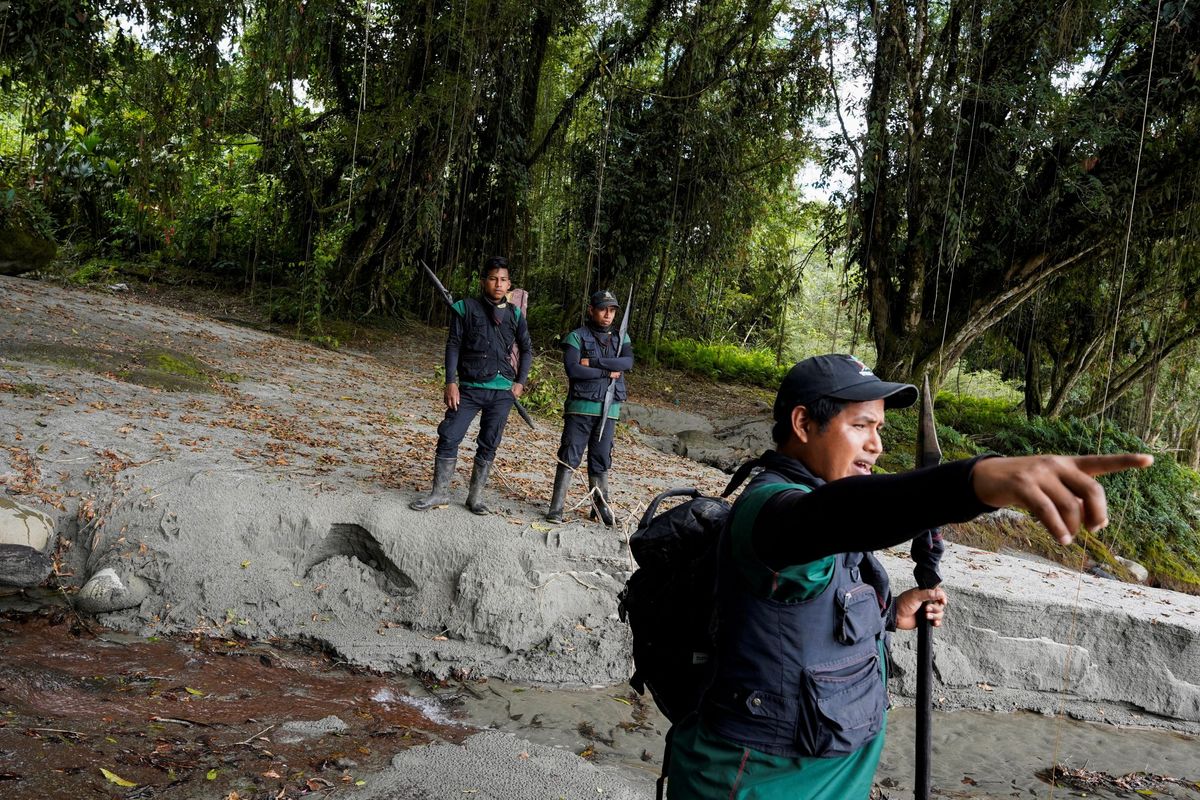Indigenous groups are struggling to save the Amazon

A few minutes every morning is all you need.
Stay up to date on the world's Headlines and Human Stories. It's fun, it's factual, it's fluff-free.
The world’s largest rainforest, the Amazon, is at risk because of massive deforestation. Today, only 74% of the original forest remains. And at the forefront of protection efforts to save it are South American Indigenous groups.
A new study on the Amazon by scientists and Indigenous organizations working together was published this week, and it’s found that the rainforest has reached a tipping point due to environmental destruction. According to the study Amazonia Against the Clock, the Amazon may never recover. This destruction is caused mainly by mining, oil extraction and farming and ranching.
And now, Indigenous groups in the region are asking for debt forgiveness so they can focus on protecting the forest. They’re requesting financial institutions forgive the debts of nations that make up the rainforest as a trade for their efforts to preserve it. Other proposed solutions include: suspending new licensing and financing for mining, oil, cattle ranching, large dams, logging, etc.; restoring deforested land; and more transparency and accountability for supply chains.
This protection is dangerous work, with two Indigenous forest guardians combatting illegal deforestation killed this week in Brazil.
Key comments:
“The tipping point is not a future scenario but rather a stage already present in some areas of the region. Brazil and Bolivia concentrate 90% of all combined deforestation and degradation. As a result, savannization is already taking place in both countries," the study says.
“These acquired (sovereign) debts that are meant to be repaid with resources found in Indigenous territories of the Amazon, such as oil, mining and others," said Coica Vice Coordinator Tuntiak Katan, from Ecuador. Coica is the Indigenous organization that published the report.
“They have a unique opportunity before them to forgive existing debt in exchange for commitments to end industrial extraction and promote protections in key priority areas, indigenous territories and protected areas," the study says.




Comments ()